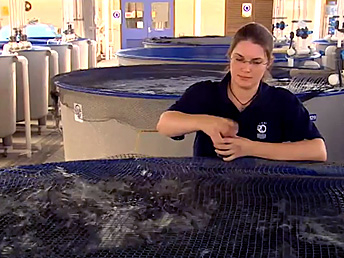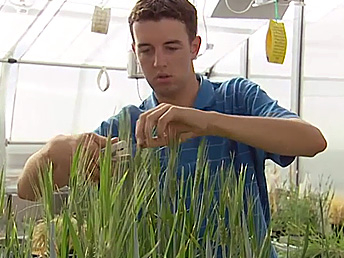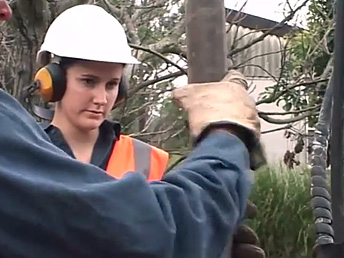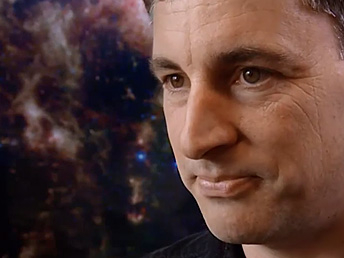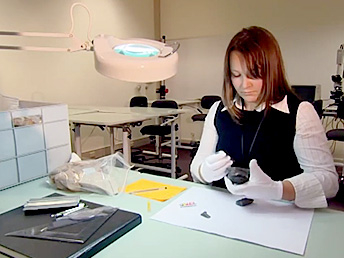
Geoscientist
As a geoscientist you investigate the earth’s natural processes such as its soils, oceans and atmosphere. Your results are then used to help solve environmental problems and inform government policies to improve the quality of human life.
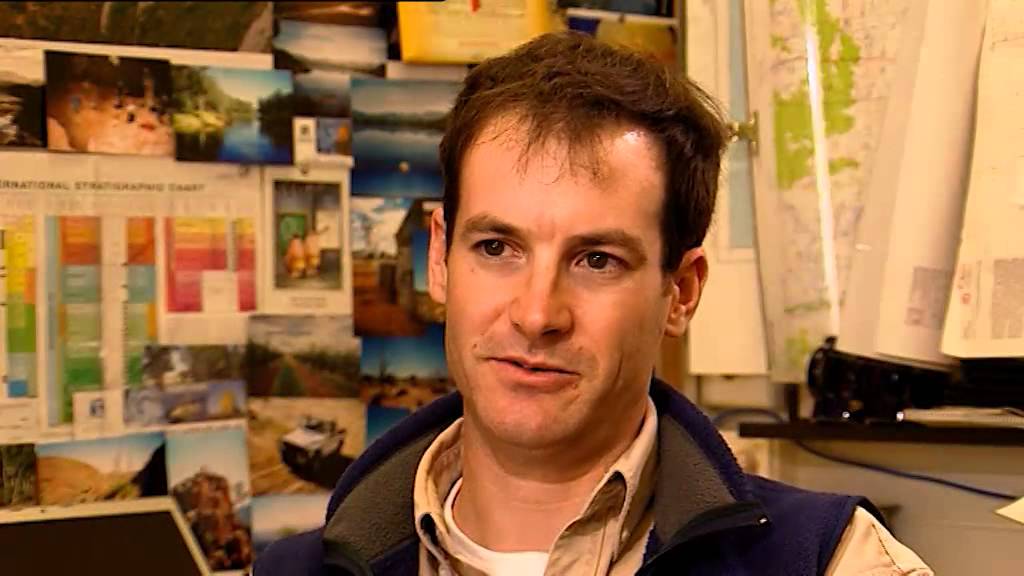

What the job looks like
Salary expectation
starts at $51,521 up to $173,731+

The good
- Working outdoors
- Constantly learning about how the earth works
- Helping to solve environmental problems
- Potential to travel
The not so good
- Spending time away from friends and family on field trips
- Working in all kinds of weather
Geoscientists work to understand the natural process of the Earth, atmosphere and other planets. This research is then used to reconstruct the past and forecast the future in areas such as climate change, sustainability and managing waste.
As a geoscientist you will travel to all kinds of locations as part of a field trip where you will collect information and samples to inform your research. You will need to have a thorough understanding of the Earth which includes all sciences. Geoscientists rely on physics, biology and chemistry to help answer some of the questions that pose real problems for our society.
Math skills are also important to record and interperet data, take accurate measurements and make predicitions about the future based on scientific evidence. You also need to be a good writer and speaker to inform other people about your research findings.
If you like solving problems and can think analytically, then a career as a geoscientist could be for you.
It’s a dream job, I am pursuing a hobby and you can’t get better than that.
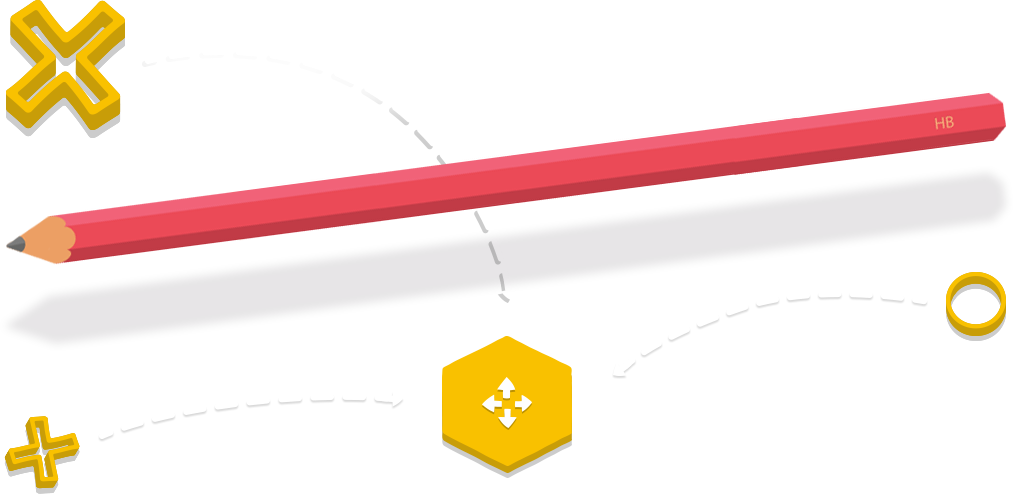
Pathways to this career
Subject suggestions for the HSC
Choosing your HSC subjects from this list could really help with your career. Think carefully about what you want to study after school as you might need to choose specific HSC subjects for that course and to count towards your ATAR (Australian Tertiary Admission Rank). An ATAR is your academic rank in relation to other HSC students and helps with University admission.
HSC subjects
Some subjects will count towards your ATAR, others will not. Check with your career advisor before making subject selections.
- English (Advanced or higher)
- Mathematics (2 unit or higher)
- Biology
- Chemistry
- Physics
- Earth and Environmental Science
What can I do after I have finished school?
University degrees
Studying one of these degrees can help with your career.
- Bachelor of Science
- Bachelor of Environmental Science
- Bachelor of Geology
Suggestions
Check out Australian Institute of Geoscientists for more information
- Focus on geoscience for school assignments where possible
- See if there are any local organisations with a geoscience focus that you can meet with or ask to take you on a tour
- Lead a healthy lifestyle as fitness is important to be able to work in various environments
- Go to career expos and events like university Open Days for information about what you will study
